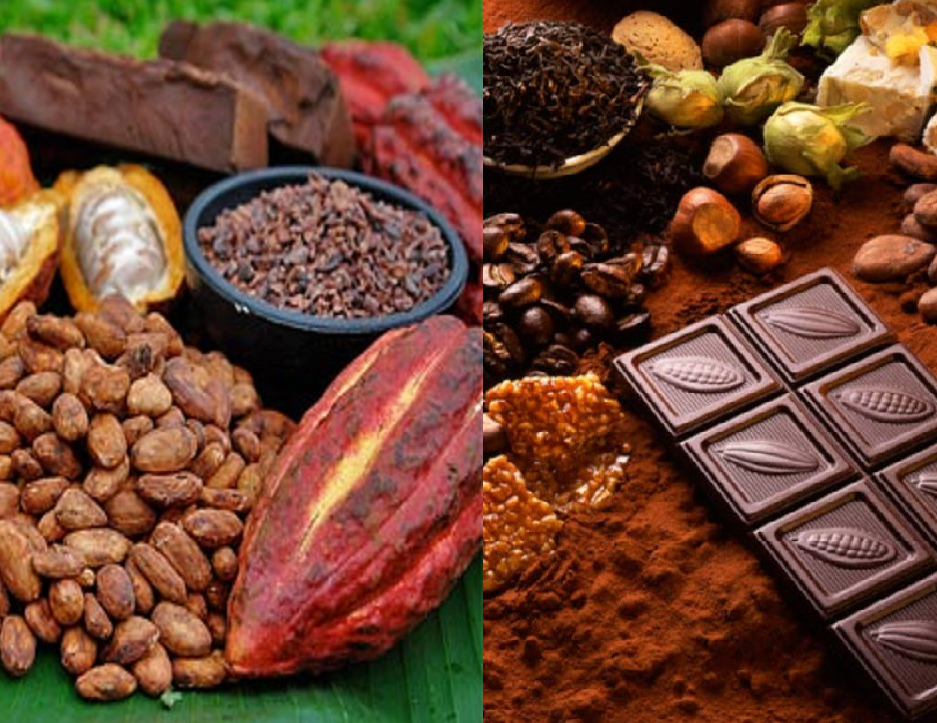
Magnesium (Mg)
Magnesium is most commonly associated with mental abilities, concentration, acquisition of knowledge. It is a special mineral that has an influence on processes happening in all tissues of our bodies.
It is also called “the king of life”. This is an unusual mineral.
Citing Prof. Alfreda Graczyk, PhD:
In the human body there are from 24 to 35 grams of magnesium on average (it is approximately 0.05% of our body weight). 60% can be found in bones, 29% in skeletal muscles, 10% in soft tissues – brain, heart and liver and 1% in intercellular fluids. The content of magnesium in red blood cells (erythrocytes) is 3 times larger than in plasma. Magnesium has structure-forming abilities. It takes part in constructing cell membranes and other tissues components. This exceptional mineral is a growth factor, decides on functions of our systems: the skeletal system, nervous system, digestive system, circulatory system, fights atherosclerosis, prevents ageing, strengthens the body’s defenses, and its susceptibility to cancer. It plays an important part in fatty acid synthesis (for instance, obesity may result from magnesium deficiency). It stabilizes nervous system, relaxes, calms down, thanks to which our brain can work more efficiently. It shows the effect of muscle –relaxing, reducing blood pressure, antiarrhythimic, and also prevents blood hypercoagulability or the formation of kidney stones. We need magnesium from our birth to death. During pregnancy it may also condition its course.
This mineral conditions supplying energy to muscles, because it has a considerable influence on processes of synthesis and disintegration of cells.
Magnesium influences protein transformation and is an activator of about 300 enzymes. It is absorbed better in the presence of protein; fats inhibit this process.
The factors causing magnesium deficiency are: prolonged stress situations, excess of fat tissue and sugar, physical overload, strong coffee or tea, fizzy drinks, wrong diet. This deficiency may also be triggered by chronic infection, diarrhoea, diuretics, pregnancy and cardiac insufficiency. Some chemical substances used in food processing may lead to magnesium deficiency, for example, monosodium glutamate and aspartame. Alcohol is an enemy of magnesium, because it considerably reduces its content.
We can find magnesium in cocoa, grain products (buckwheat groats), peas and beans, nuts, oatmeal, linseed, beechnuts, poppy seeds.
Jacek Kucharski on magnesium absorption:
The ability to absorb this element differs among people. It is conditioned by proper functioning of (among others) endocrine glands (thyroid, pituitary, etc.) the presence of other vitamins or minerals e.g. manganese or B vitamins. I wrote ‘B vitamins’ on purpose (and not vitamin B6). It is true that vitamin B6 is substantial in absorption of magnesium, but it requires other vitamins from this group to function properly. For this reason, I suggest combining only magnesium with B-complex vitamins in supplementation; of course I mean natural components.
Herbal compounds for replenishing magnesium deficiency according to Marta Leśnicka:
- I dandelion 50 g, nettle 50 g, bilberry leaf 20 g, black currant leaf 30 g, yarrow 10 g.
- II centuary flower 20 g, centuary root 50 g, dandelion 30 g, eyebright 30 g, buckwheat flower 20 g.










Comments No Comments
Join the discussion…